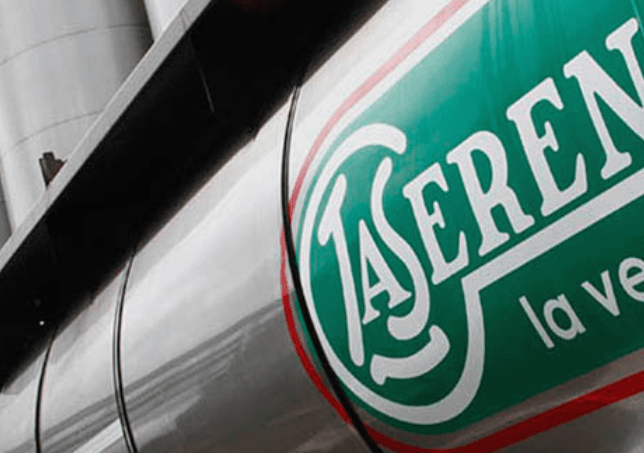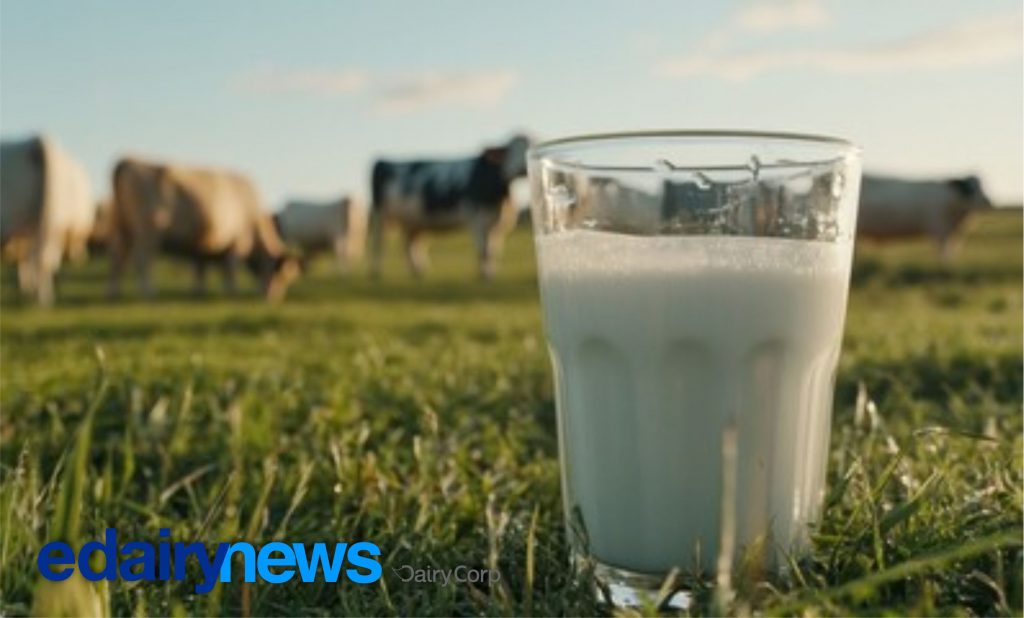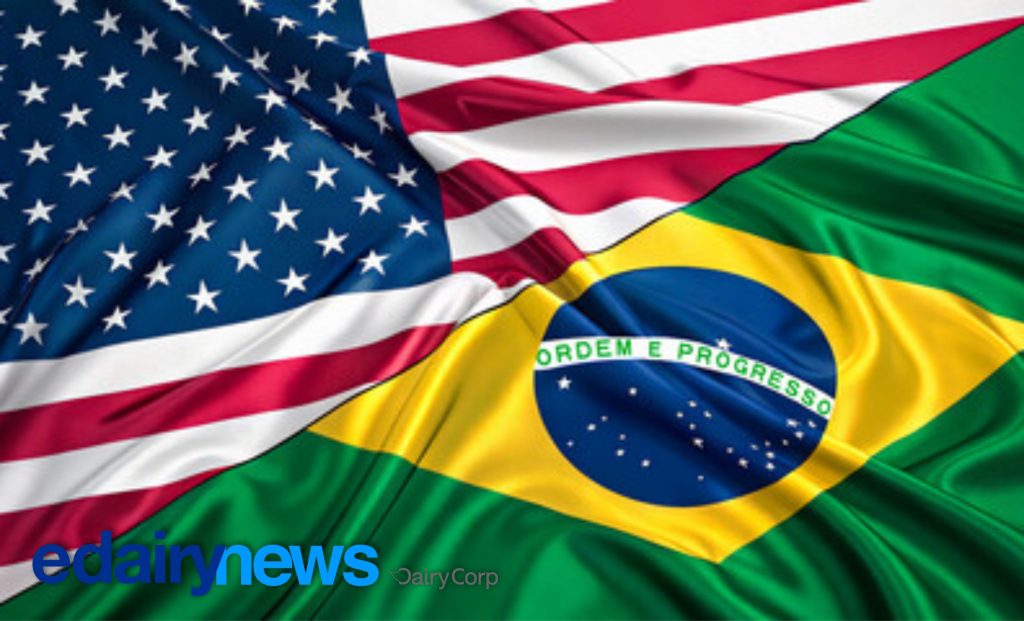Ash Amirahmadi, who leads dairy giant Arla’s UK operations, also warned that timing of Brexit talks mean that many food suppliers could “struggle” to manage a no deal or late deal in the face of coronavirus disruption and Christmas demand.
Retailers have warned that products could be slapped by with more than £3 billion of tariffs if the UK walks away from Brexit talks without a deal.
Mr Amirahmadi said suppliers are in discussions with supermarkets over how to deal with tariffs if they are introduced next year.
He told PA that although suppliers and supermarkets could swallow some of the tariff costs, price rises will be “inevitable” if there is no free-trade agreement.
“Around 40% of what we consume in this country is exported from the EU so any situation which involves tariff will have a significant impact,” he said.
“No one wants customers to be paying more but it is an inevitable consequence of not having a free-trade deal.
“Suppliers know if they will be able to swallow some of that tariff impact, and retailers will know what they can take too, but for a lot of things, they won’t be able to take all that on.”
He said that high tariffs on dairy imports will have a significant impact given that 35% of yoghurt, 40% of butter and 67% of all cheese consumed in the UK is imported.
These products, and other groceries, saw availability issues at the start of the pandemic as shoppers stocked up on essential groceries.
Mr Amirahmadi said flexible food supply chains allowed for availability issues to be quickly addresses, with many retailers and suppliers able to source more products from abroad.
The managing director of the co-operative added that even British produce could go up in price next year with tariffs in place, as farmers are expected to mitigate the cost of feed and equipment price rises by passing some of the impact on to consumers.
He said: “Talks are ongoing between us and farmers, and with retailers so we still don’t know exactly where prices will rise and by how much.
“But I think some people might be surprised by the breadth of this. UK farmers, for example, are likely to face price pressures too.
“Many of them have feed, equipment or ingredients they are importing. Once they have tariffs added, they will have to offset those costs and are likely to increase costs themselves.”
It comes after a particularly busy trading period for the supplier, which said it saw demand for its branded products jump after the lockdown was implemented in March.
The company said it saw a 25% jump in demand for Lurpak butter, while its Anchor and Cravendale brands saw sales jump by 20% and 15% respectively in recent months.












